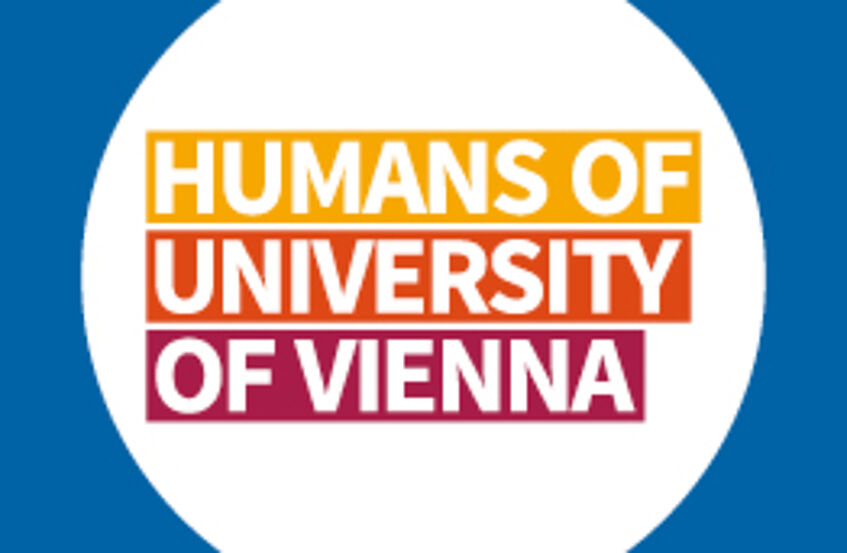Economics (Bachelor)

© Mauro Sbicego / Unsplash
In the bachelor's program in Economics, you get to know the basics, theories, methods and quantitative procedures in economics and learn about their applications and developments. You analyse economic questions and interrelationships and acquire sound methodological and theoretical knowledge, which enables you to develop a high level of problem-solving expertise.
Bachelor of Science
Facts & Figures
- Students: n.a.
- Graduates in the last academic year: n.a.
- Number of semesters needed for graduation (median): n.a.
Data updated on: 03.12.2024
Attention
Instruction Language German
Please note that the instruction language of this programme is German. To start the degree programme, you need to hold a certificate of German proficiency on C1 level.
Admission Procedure
Study programme
The bachelor’s programme consists of an Introductory and Orientation Period (STEOP) and compulsory modules on microeconomics, macroeconomics, mathematics, statistics, econometrics, finance as well as business administration. Furthermore, students have the opportunity to specialise in a certain field or supplement their knowledge by completing compulsory elective modules and electives in the area of economics, but also in a wide range of other disciplines (such as sociology, law, psychology, geography). To successfully complete the programme, students have to write a bachelor’s thesis.
Five concepts
which you will deal with during your studies:
- Statistics
- Econometrics
- Finance
- Game theory
- Microeconomics
... and many more.
Overview of the programme structure & topics
Here you find the current offer of courses for this programme to gain better insight into the topics and structure. For more information please click on the respective level.
After Graduation
Graduates can pursue a career in the following occupational fields:
- special units of financial institutions and large corporations
- public administration
- interest groups
- political consulting
- business journalism
- economic research institutions.
Graduates' Perspective on the Degree Programme
Graduates ...
- say that this degree programme receives the grade: 2.6 (satisfactory)
- rate the level of difficulty as: 3.7 (high)
→ These results are basd on feedback from 62 graduates.
*You can find further assessments of the degree programme from its graduates’ perspective in the graduate survey of the bachelor’s programme in Economics graduation survey (in German).


